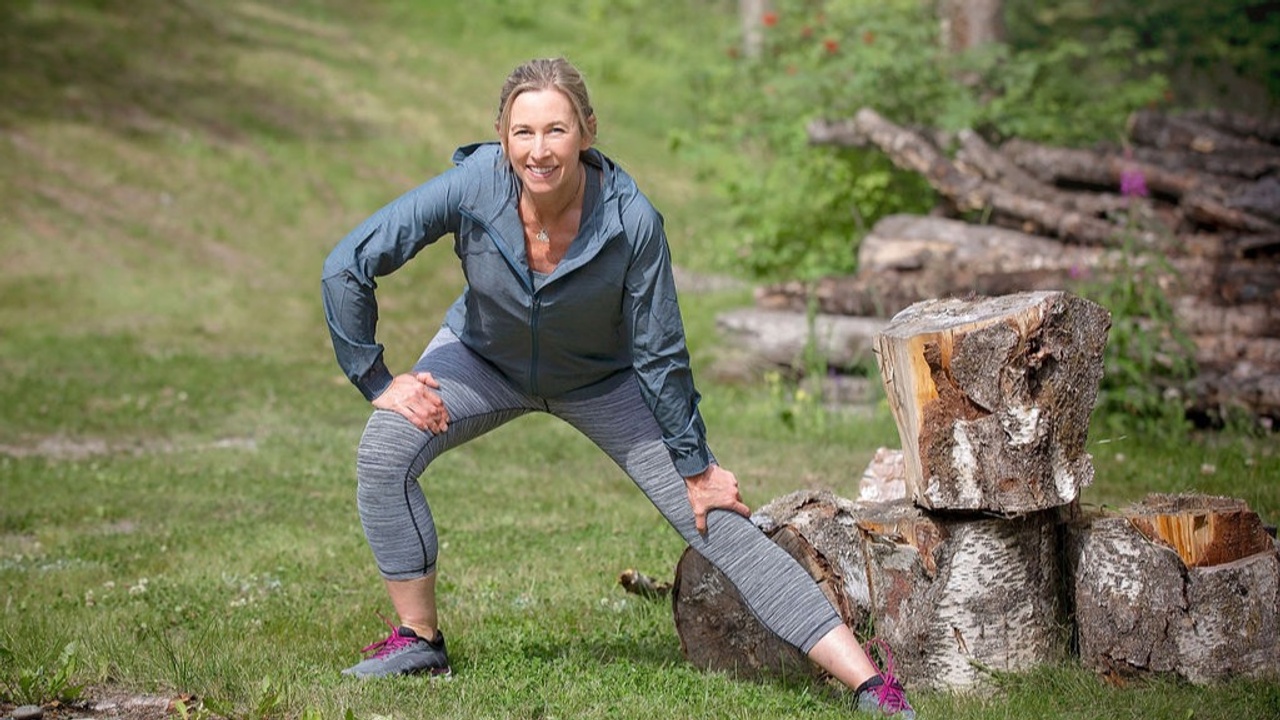
Self-care revisited: Movement and Exercise
In our series of Self-Care Revisited, we have covered the why, sleep, nutrition, and this week we are discussing physical movement and exercise.
There are many benefits of just moving, not being sedentary, including improving postural autonomic health (goodbye dizziness when standing) and decreasing overall cardiovascular events and all-cause mortality. It's more important to be moving with the aim of 10,000 steps a day than to have some formal exercise and be sedentary (less than 5,000 steps a day). Wear some technology that looks at your movement (Fitbit, Apple Watch, etc.). Set reminders to stand up and stretch or walk. Remind yourself that it just plain feels good to move! You deserve this.
Now onto exercise. The American Heart Association, among others, recommends:
-150 minutes of moderate cardio a week or 75 minutes of intense cardio per week (moderate is defined as being able to talk in short sentences but not sing or talk in long portions).
-2 days of strength training per week.
Why? Because it improves current and long-term health. It improves and maintains vascular (Cerebro, cardio, and peripheral), musculoskeletal, mental, metabolic, and bone health. It decreases cancer risks. It decreases overall mortality—what a fantastic health intervention. You also deserve this!
How can this work in your world?
There are 4 parts to put into place.
- Types of exercise
- Range of exercise
- Scheduling the exercise
- Check-in for exhaustion
- Decide what types of exercise you like, and that will work for you. Choose at least 1-2 for outdoors and 1-2 for indoors. It doesn’t matter if it’s the gym, your house, the soccer field, etc. If you hate running, please don’t make running the exercise you’ll do. Walking, swimming, running, hiking, biking, team sports, tennis, Zumba, playing stroller-tag with others while little Johnny is at practice. Have fun and be creative figuring it out.
- What will be your range for your “typical” weeks? What’s the least amount you will allow yourself? What’s your ideal maximum goal? This helps you lose binary thinking. Make your lower-end goal very achievable and your ideal goal something that won’t cause you an overuse injury (you can work up overtime). If we apply the principles from the book Tiny Habits, you may choose to “change into my workout clothes and step outside for at least 2 minutes 3 times a week” with the ideal goal of “walk for 20 minutes 4 days a week.” Anything in-between means you’ve met your goals for the week.
On your call nights or float weeks, giving yourself the day off of exercise and only focusing on movement is one strategy. Make time for deep breaths and walk outside, do some stretches and squats between notes, or even download a 7-minute office exercise app and see how many times you can get through it during the week.
- Successful scheduling involves a few non-obvious parts. So, I will point those out.
- It has to be a priority on your schedule for the week instead of our usual "if I can get to it" type of approach. That means you may have to deprioritize other things to make room.
- This is a trust-building exercise with yourself. You need to keep your appointment with YOU. This may take some time to rebuild if you're used to canceling on yourself. But it is worth the effort on so many levels.
- You are an incredibly intelligent problem-solver. Figure out what the most prominent barriers are for you and find strategies to overcome them. This may take trial and error. Stick with it. We are in it for the long haul.
- Sometimes to do the above steps, it’s good to review your whys. Long-term health doesn't happen in just a couple of weeks; you want to continue building the habit for yourself to play with your kids and grandkids, to enjoy the quality of life for so many reasons, to be able to show your patients that you really get it and what helped you. It may be helpful to review our first section in this series as your brain offers up some arguments.
- Check-in. You may face exhaustion as a real barrier. Since we discussed sleep being foundational, when your brain offers up exhaustion, you need to be able to honestly check in with yourself to see if you are behind on sleep versus the mental and emotional exhaustion we all feel, especially at the end of the day. Take some deep breaths and start on that walk. If it's the mental/emotional overwhelm, you will start to feel better, and the mental fog will lift. Sleep deprivation will remain; then, you give yourself permission to skip it and sleep.
I hope this has been a helpful review on revisiting Self-Care. For a powerful framework, be sure to check out the blog on meaningful change.
Have a joy-filled and healthy week! Tonya
Residency programs can benefit from our Flagship 6-week hybrid coaching course for resident or faculty groups. Learn more here.
Join Weekend Reads
Weekly insights, tips, and tools for physicians who want to thrive—plus a dash of fun.
We hate SPAM. We will never sell your information, for any reason.

